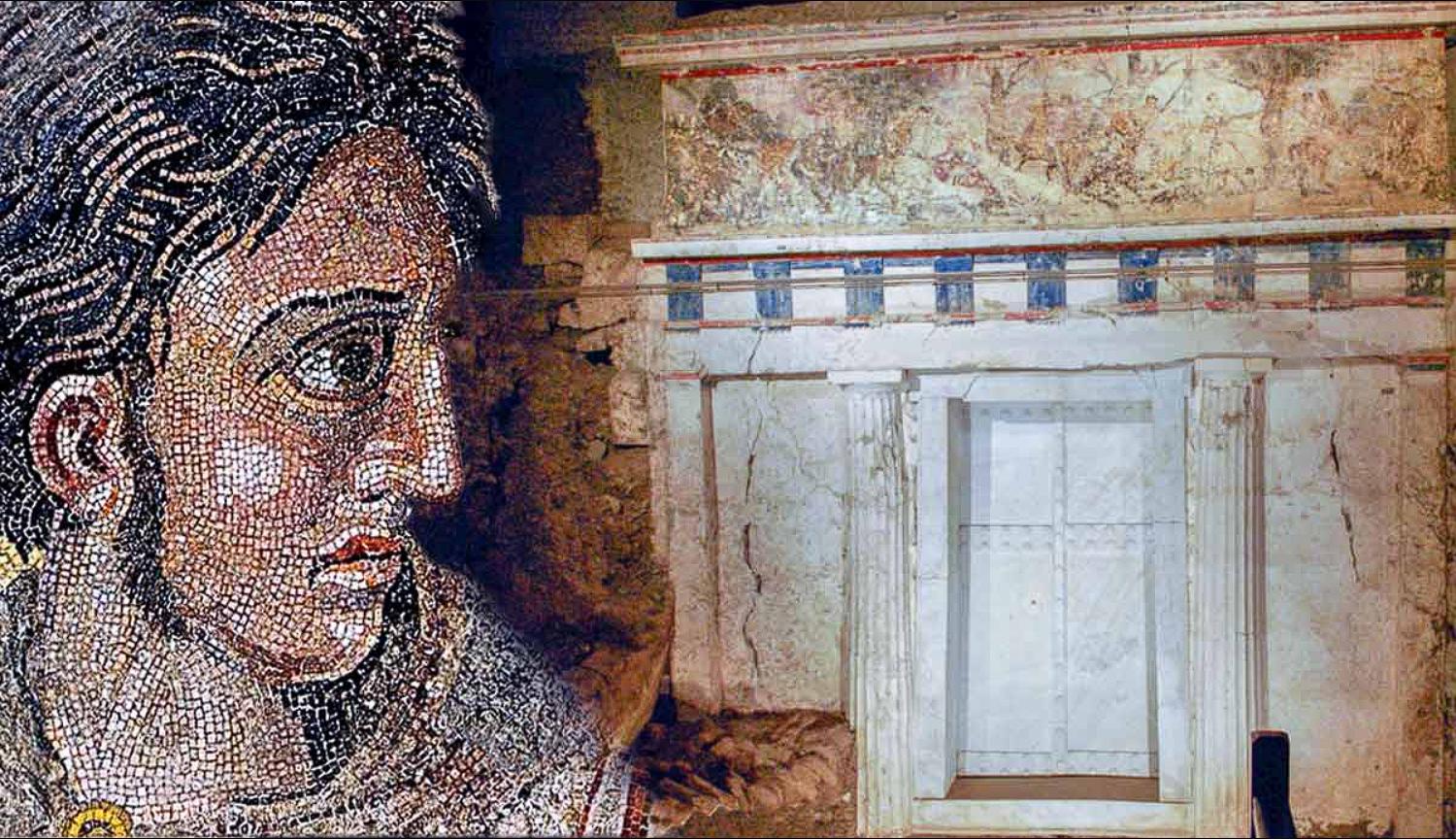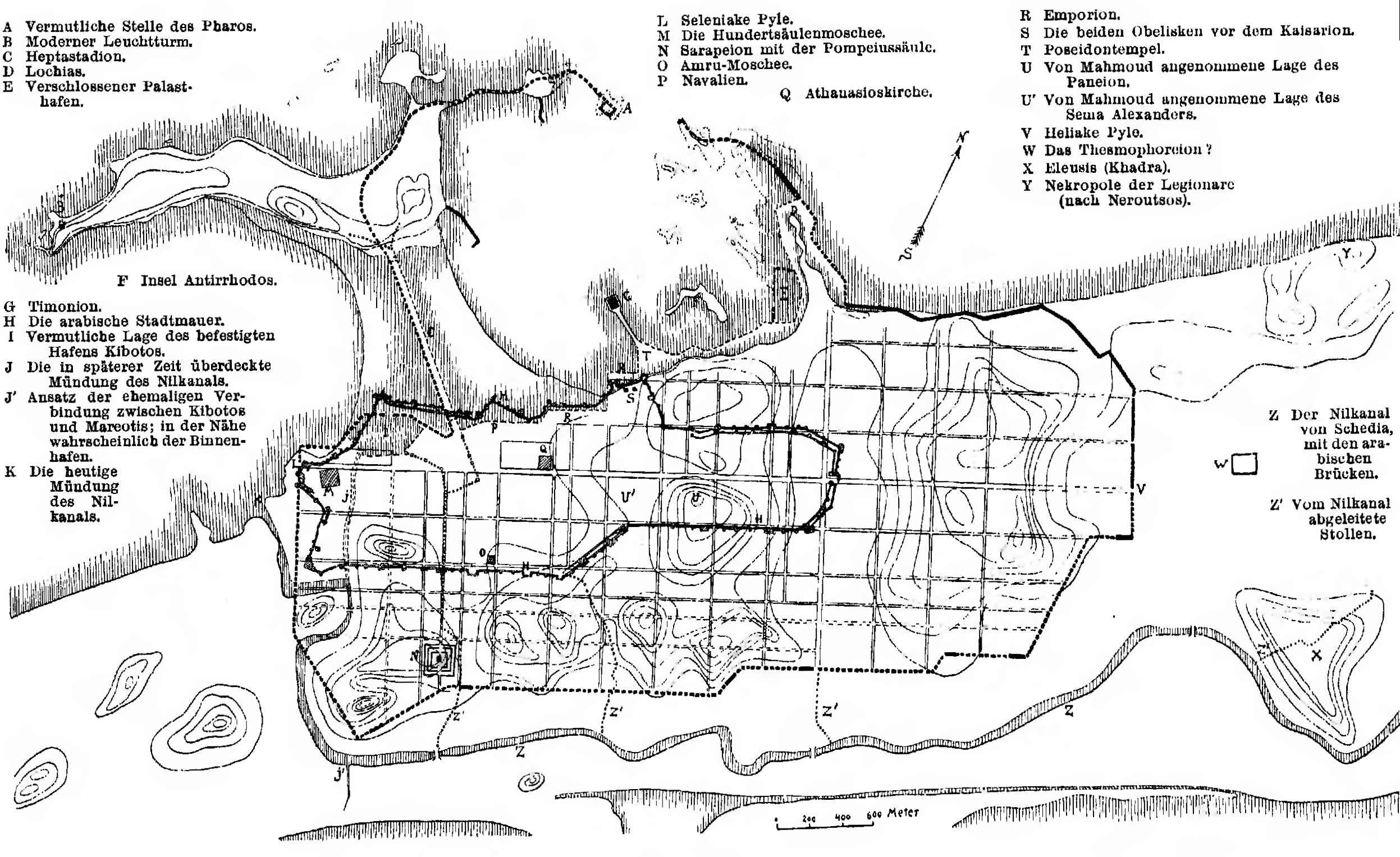Alexander the Great, one of history’s most renowned conquerors, built an empire that stretched from Greece to India. Yet, despite his legendary status, one mystery remains unsolved—the location of his final resting place. His tomb, once considered one of the most sacred sites in antiquity, has been lost for centuries. Could it be hidden beneath modern-day Alexandria, or is it buried in an undiscovered corner of the ancient world?

The Historical Accounts of Alexander’s Tomb
The Grand Burial in Alexandria
Historical records suggest that after Alexander’s death in 323 BCE, his body was embalmed and transported from Babylon to Egypt. His close companion and general, Ptolemy I, diverted the funeral procession and established Alexander’s tomb in Memphis before later transferring it to Alexandria. The tomb became a revered site, attracting Roman emperors such as Julius Caesar and Augustus, who reportedly paid homage to Alexander’s remains.
The Mysterious Disappearance
By the 4th century AD, references to the tomb began to fade. The rise of Christianity and political turmoil in Alexandria led to the destruction of many ancient monuments. Some believe that the tomb was deliberately concealed to protect it from desecration, while others suggest that natural disasters, such as earthquakes and rising sea levels, may have buried it beneath the city’s evolving landscape.
The Roman and Medieval Perspectives
During the Roman era, the tomb’s whereabouts were still known, but by the time of the Middle Ages, it had completely vanished. Arab historians and European travelers speculated about its location, with some suggesting it might have been destroyed or repurposed for other structures. To this day, no definitive archaeological evidence has confirmed its existence.

Theories About the Tomb’s Location
Beneath Modern Alexandria
One of the most popular theories is that Alexander’s tomb lies beneath modern Alexandria. The city has been continuously inhabited for over two millennia, making excavation challenging. In recent years, some researchers have identified potential underground structures that could be linked to the tomb, but none have yielded conclusive evidence.
The Siwa Oasis Connection
Another intriguing theory points to the Siwa Oasis, where Alexander visited the Oracle of Amun before declaring himself a divine ruler. Some believe that his remains were secretly transported there for burial. In 2021, archaeologists discovered an ancient structure in Siwa that some speculate could be connected to Alexander, but further research is needed to confirm this claim.
A Hidden Tomb in the Desert
Some scholars argue that Alexander’s tomb could be hidden in an undiscovered location, possibly in the Egyptian desert or beyond. Given his empire’s vast reach, it’s conceivable that his body was moved to a secret location to protect it from looters and invaders. However, without solid evidence, this remains a matter of speculation.

The Impact of Finding the Tomb
A Major Archaeological Breakthrough
If Alexander’s tomb were to be found, it would be one of the greatest archaeological discoveries of all time. It could provide invaluable insights into his reign, burial customs, and the political landscape of the ancient world.
The Historical Significance
Discovering the tomb could confirm or challenge existing historical accounts of Alexander’s death and funeral. It might also reveal new artifacts, inscriptions, and architectural styles that enhance our understanding of the Hellenistic period.
The Cultural and Tourism Boom
A confirmed discovery of Alexander’s tomb would likely lead to a surge in global interest, boosting tourism in the region and furthering Egypt’s status as a hub of archaeological exploration. Governments and institutions would invest heavily in preserving and studying the site.

Will the Tomb Ever Be Found?
Despite countless expeditions and theories, the search for Alexander’s final resting place remains one of history’s most enduring mysteries. With advancements in technology, such as ground-penetrating radar and satellite imaging, we may be closer than ever to uncovering the truth. But until that day comes, the tomb of Alexander the Great remains lost to time, waiting to be rediscovered.
